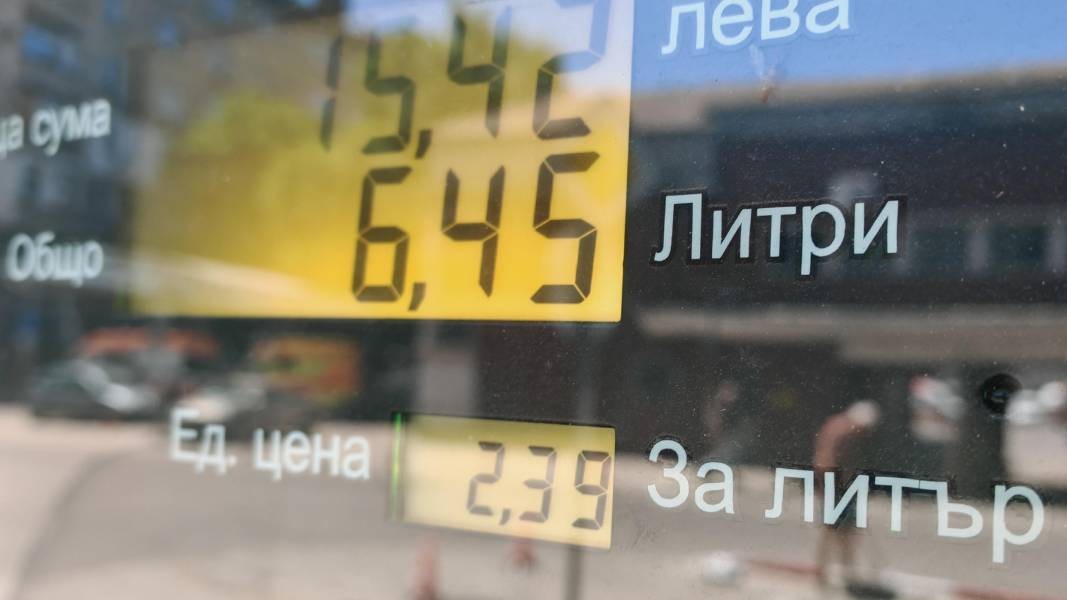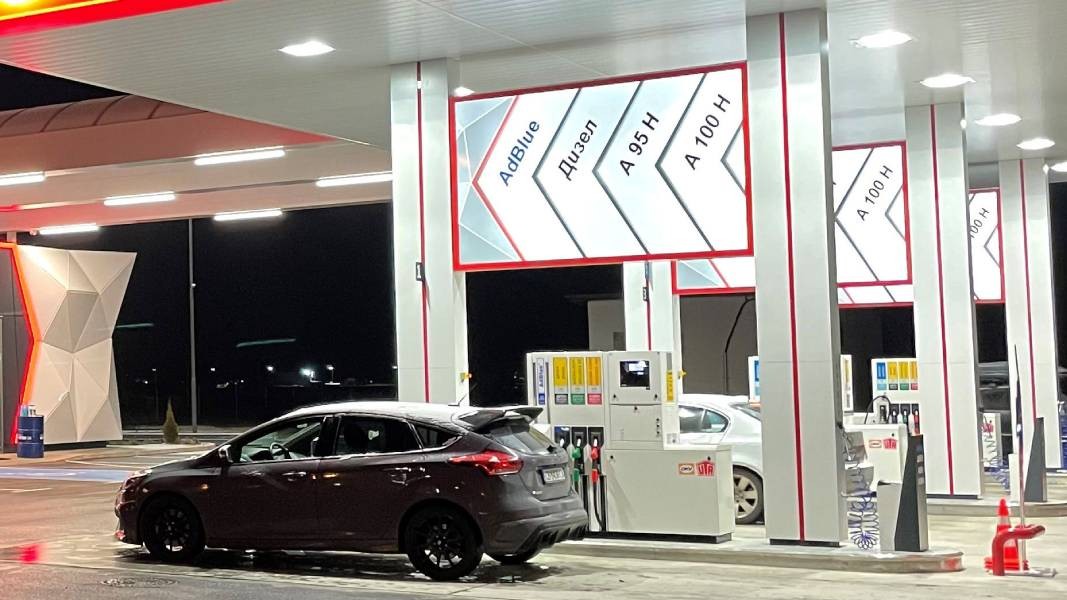After the controversial success of the "Green Deal" and carbon emission quotas, which made electricity in Europe much more expensive than in its main economic competitors - the US and China, the European Commission is preparing new green policies regarding fuels.
The EC plans to include transport and buildings in the "emissions trading" scheme from the beginning of 2027, i.e. end users will de facto pay carbon quotas for filling up at the gas station, as the quotas in question will be calculated in the final price at the gas station. The price should rise gradually - by about 8.4% at the beginning in 2027, and then more. Thus, according to rough calculations, the cost of a litre of fuel, which nevertheless also depends on a number of other market factors, could increase by 15 to 25 euro cents per litre. It should be noted that these measures have not yet been officially adopted at the European level, but are being actively discussed. Brussels have sent them to the government in Sofia within the framework of the draft Social Climate Plan in Bulgaria. It is yet to be submitted for public discussion.

The measure has a number of other aspects, such as providing fuel vouchers to poor households, supporting the renovation of homes, replacing old wood-burning stoves, and providing public transport cards to certain social groups.
However, the main focus remains on the fuel sector, which is one of the important pillars of the economy. How would Brussels' latest green policy affect all of us? We asked the chairman of the Bulgarian Petroleum and Gas Association (BPGA), Svetoslav Benchev.

"Two years ago, the directive introducing this scheme was adopted. There will be a price increase and it will be immediate and administrative. And it will be within 15 to 25 euro cents per litre, depending on the products. And this is due to the fact that the European Commission is waging, in my opinion, a rather pointless war against fossil fuels. Bulgaria is a country that is very dependent on fossil fuels and our cars are some of the oldest in the EU, i.e. this will affect us a lot."
The representative of the Bulgarian Petroleum and Gas Association expects the European Parliament and the European Commission to show common sense.
"I hope that there will be resistance at European level, because there are many Eastern European countries that are against this scheme. Whether they would be able to achieve anything, we would see in the coming months. I hear that Brussels is thinking about some delay or postponement of this scheme.”

In addition to reaching into the pockets of every driver, the measure would have far more serious effects, including inflation levels:
"This will create inflation in the Bulgarian economy, but also in the European economy. When fuel prices increase, absolutely all consumer goods become more expensive, because they are transported thanks to fossil fuels. I do not know if the European Commission is aware of these things, but we will see in the coming months. In Germany, for example, this will not affect fuel prices, because this is a scheme that has been operating there for 2 years now. The situation is similar in the Scandinavian countries. In the southern EU countries, there are no such schemes and this is the root of the conflict between the North and the South that we see in the EU."
Author: Ivan Gergov
Publication in English: Alexander Markov
Photos: BGNES, toplivo.bg
Citizens should remain calm about the introduction of the euro in Bulgaria from January 1, 2026, as the Bulgarian National Bank and commercial banks are ready for all processes related to the currency conversion and distribution of euro banknotes. This..
Bulgaria’s Ministry of Finance has published the draft state budget in euros for 2026. The country’s GDP is projected to reach EUR 120.1 billion, with an economic growth rate of 2.7%. Planned revenues amount to EUR 51.436 billion, or 42.8% of GDP...
In 2024, 8.2% of people aged 18 or over who declared to be at work (either employed or self-employed) in the EU were at risk of poverty, according to data from Eurostat, cited by the BNR's Horizont channel. In Bulgaria, this share reached 11.8%. The..

+359 2 9336 661
